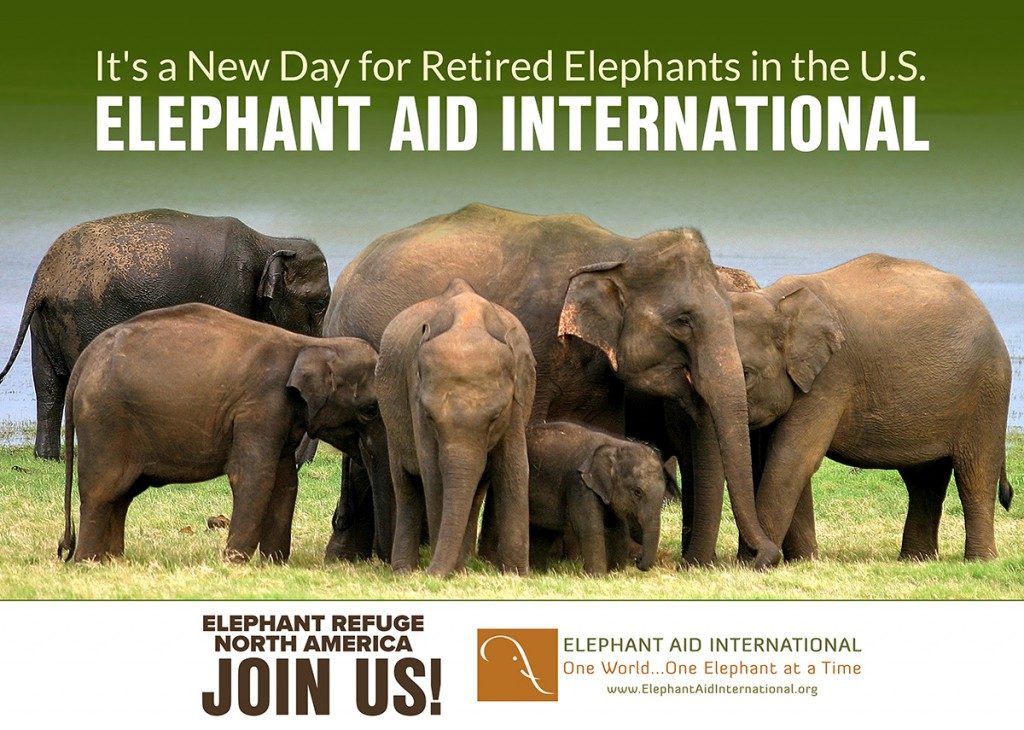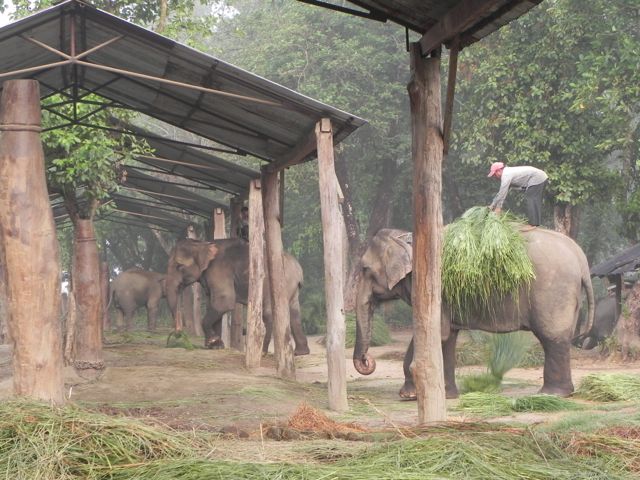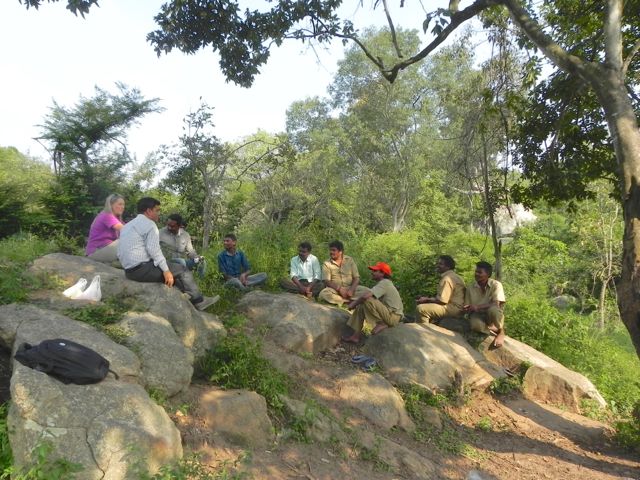In the United States
Elephant Refuge North America (ERNA) is home to three elephants and can accommodate as many as ten elephants retired from zoos and circuses.
At ERNA, the needs of the elephants come first. As an elephant refuge operating under an authentic sanctuary philosophy, ERNA is not open to the general public. We do recognize the valuable learning experience of observing elephants and educate the public through the use of live-streaming video cameras located throughout the habitat. These cameras enable people to watch the elephants unobtrusively, ensuring the elephants’ privacy and providing the public with a window into the world of natural elephant behavior.
Located in Attapulgus, Georgia, ERNA spans 850 acres of gently rolling hills, lush pastures, dense forests, spring-fed lakes, creeks, and streams, with a climate that allows our elephants to remain outdoors 24/7 almost all the year. It is the perfect place for elephants to regain their “elephantness” and develop loving bonds with other elephants and caregivers.
Each elephant receives individualized care that takes into account past traumas and life-shaping experiences. The elephants have autonomy and the ability to choose where and with whom they spend their time. At the same time, we support them in developing the confidence and skills required to bond with other elephants, each at their own pace.
Unfortunately, because some captive-held elephants were separated from their mother and family at a very young age, they never learned how to develop close bonds with other elephants. Put another way, they lack elephant social skills.
We support these elephants in developing loving relationships with whomever they trust and feel compatible with, most often their caregivers. For these elephants, building and maintaining strong trusting relationships with their caregivers is key to their well-being.
In Asia
In Asia, almost all captive elephants work.
They provide elephant back safaris for tourists, patrol national parks looking for signs of poaching, and are used for conservation research and grass collection among other physically demanding tasks.
These activities require elephants to work long hours in the sweltering heat, exposed to the glaring rays of the sun.
Presently there is no mandated retirement age for elephants.
Elephant Aid International works hands-on with mahouts, NGOs, tourist facilities, elephant welfare groups, researchers and government officials in joint efforts to effect change by improving elephant welfare in captivity and in situ, as well as the lives of mahouts and their families who care for elephants.
EAI’s work is based on understanding the culture and traditions of the countries in which it works, respect for elephants and the men and women who live and work with them, and the knowledge that small changes can make a huge difference.
Read EAI’s Best Practices for Nepal’s Captive-Held Elephants.
EAI
- provides elephant pedicures.
- builds chain-free enclosures to eliminate the antiquated and physically harmful practice of chaining elephants’ feet to the ground.
- works with government agencies and NGOs to create permanent elephant care and retirement facilities.
- trains mahouts (elephant trainers) in the skills necessary to support foot health and prevent life-threatening osteomyelitis (bone disease).
- increases mahouts’ knowledge of elephant biology, psychology, behavior and learning style to help them develop more positive relationships with their elephants.
- improves elephant stable sanitation.
- provides veterinary services.



